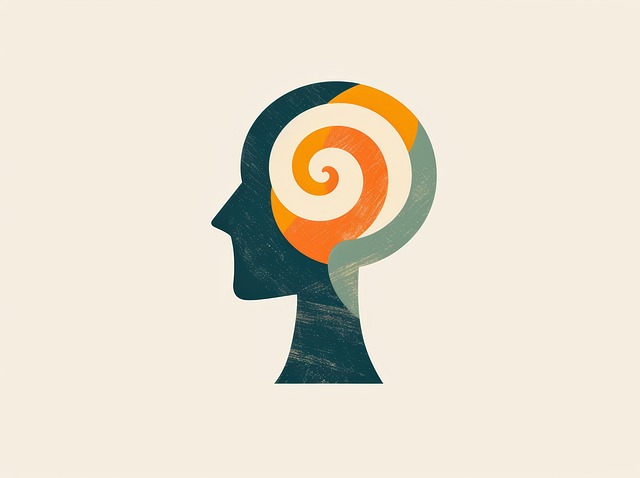Mental illness diagnosis is a complex task due to varied symptom expressions, comorbid conditions, and cultural biases, as highlighted by the Parker International Adopts Therapy approach. Misdiagnosis, reaching up to 30% in revised diagnoses over time, can lead to delayed or inappropriate treatment. This issue is particularly pronounced with co-occurring conditions like depression and anxiety. Organizations like Parker International advocate for better diagnostic accuracy through training, cultural competency, and public awareness campaigns that address unique mental health presentation and bias.
Mental illness diagnosis accuracy is a critical global health concern, with misdiagnosis rates as high as 25%. This article explores current challenges, including the prevalence of misdiagnosis and factors like cultural biases and symptom overlap. We introduce Parker International Adoptions Therapy (PIAT), a novel approach that integrates advanced technology, cultural sensitivity, and patient education to enhance diagnostic accuracy. PIAT’s principles and case studies demonstrate its potential to revolutionize mental health assessment, alongside traditional methods.
- Current Challenges in Mental Illness Diagnosis
- – Prevalence of misdiagnosis and its impact
- – Factors contributing to diagnostic errors (e.g., cultural biases, symptom overlap)
Current Challenges in Mental Illness Diagnosis

The diagnosis of mental illness is a complex process, often marred by challenges that impact accuracy and patient care. One significant hurdle is the broad spectrum of symptoms and their varying presentations across different individuals, making it difficult to apply universal assessment criteria. Additionally, mental health conditions often coexist with other medical or psychiatric disorders, adding complexity to the diagnostic process.
For instance, Parker International Adoptions Therapy highlights the unique considerations in diagnosing individuals with complex backgrounds. Adopted children may exhibit behavioral issues that could be misattributed to trauma, attachment disorders, or even attention-deficit/hyperactivity disorder (ADHD). Promoting self-esteem improvement and incorporating self-care practices like a structured routine can aid in accurate assessment by providing valuable context. Encouraging clients to develop a consistent self-care routine can offer insights into their coping mechanisms, stress triggers, and overall mental health status, thereby enhancing the diagnostic process and ultimately leading to more effective treatment strategies.
– Prevalence of misdiagnosis and its impact

Misdiagnosis of mental illnesses is a significant challenge within the healthcare system, often leading to delayed or inappropriate treatment and severe negative consequences for individuals affected. Studies show that up to 30% of patients initially diagnosed with one disorder later receive a revised diagnosis, indicating high rates of misidentification. This issue is particularly pertinent in cases of complex or co-occurring conditions, where symptoms can overlap across multiple disorders.
The impact of misdiagnosis is far-reaching. It can cause further distress and anxiety for the patient, erode trust in healthcare providers, and lead to ineffective treatment plans. For instance, a person struggling with depression might be mistakenly diagnosed with anxiety, receiving inadequate care as a result. Organizations like Parker International Adoptions Therapy emphasize the need for accurate diagnosis by promoting Crisis Intervention Guidance and Burnout Prevention Strategies for Healthcare Providers. Additionally, providing comprehensive Healthcare Provider Cultural Competency Training can help address biases and improve diagnostic accuracy, especially when dealing with diverse patient populations.
– Factors contributing to diagnostic errors (e.g., cultural biases, symptom overlap)

Diagnosing mental illnesses accurately is a complex task, with several factors impacting the process. One significant challenge lies in cultural biases that can influence both the presentation of symptoms and the way individuals seek help. The Parker International Adoptions Therapy, for instance, highlights the importance of understanding cultural contexts to avoid misinterpreting behaviors or symptoms. In many cases, mental health professionals may unconsciously apply stereotypes or assumptions based on a patient’s background, leading to incorrect diagnoses or treatment plans.
Symptom overlap between different disorders is another critical aspect affecting diagnostic accuracy. Conditions like depression and anxiety share numerous commonalities, making it difficult for practitioners to differentiate between them without thorough evaluation. This complexity necessitates ongoing efforts in public awareness campaigns development, emphasizing the unique presentations of various mental health issues. Moreover, fostering cultural sensitivity in mental healthcare practice through initiatives such as Mental Wellness Podcast Series Production can significantly contribute to improving diagnostic accuracy and patient outcomes.
Mental illness diagnosis accuracy is a complex issue that requires multifaceted improvement efforts. By addressing current challenges like misdiagnosis rates and cultural biases, we can enhance patient care and outcomes. Integrating innovative therapies such as those offered by the Parker International Adoptions Therapy provides promising avenues for accurate and personalized treatment. Continued research, education, and advocacy are crucial steps towards a more precise diagnostic process, ultimately fostering better mental health support globally.














